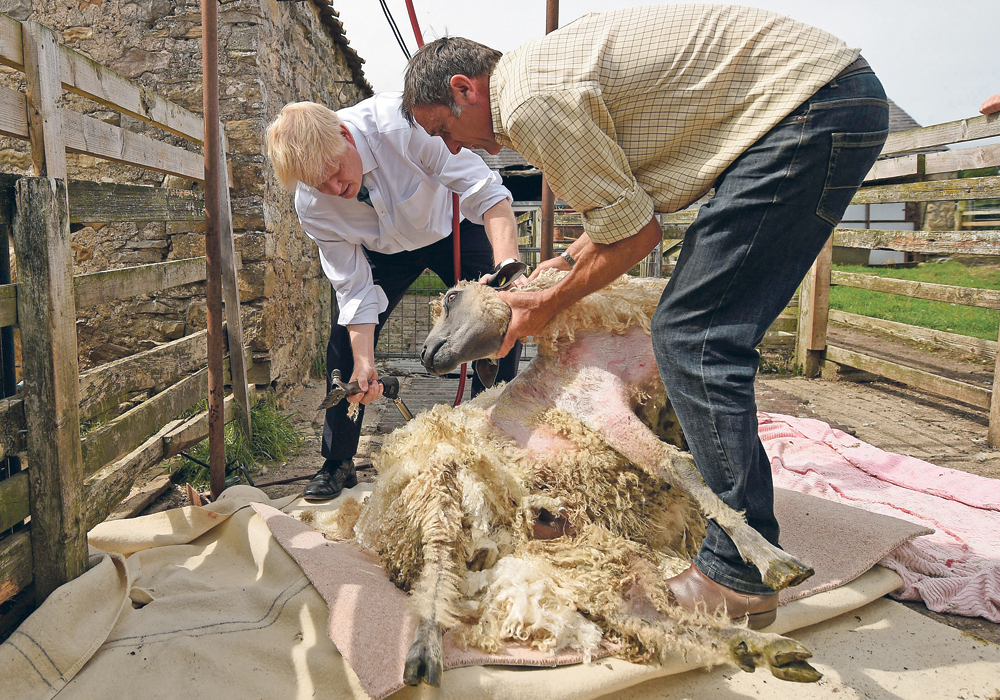British farmers want genetically modified technology.
But do British consumers want GM food?
A poll by Farmers Guardian, an agricultural newspaper in the United Kingdom, found that three-quarters of British farmers want to use GM technology for their crops and livestock.
The newspaper asked the following question to 750 producers:
Would you use GM crop technology in the U.K. if the regulatory environment allowed it?
About 77 percent of producers said yes, Farmers Guardian reported in early August.
Read Also

Farming Smarter receives financial boost from Alberta government for potato research
Farming Smarter near Lethbridge got a boost to its research equipment, thanks to the Alberta government’s increase in funding for research associations.
British farmers growing GM crops may soon be more than hypothetical. In late July Boris Johnson, the new British PM, said the U.K. should rid itself of restrictive European Union rules for agricultural biotech.
“Let’s liberate the U.K.’s extraordinary bioscience sector from anti-genetic modification rules. Let’s develop the blight-resistant crops that will feed the world.”
Johnson’s comment likely brightened the mood of GM supporters in Britain, but agricultural science regulations are likely low on the government’s list of priorities, seeing how the country may soon leave the European Union.
However, If Britain does permit its farmers to use GM and gene-editing technologies, it would be positive news for agri-food exporters in North America.
Canada, the United States and other countries have long complained that EU rules, which effectively ban the production of GM crops, are damaging to producers around the world because it makes it difficult to sell commodities and foods to European countries.
Further, Canada has argued that the EU’s position on pesticides and other technologies is not based in science and represents a threat to Canadian farmers.
“It appears that the EU is unilaterally attempting to impose its own domestic regulatory approach onto its trading partners,” Canada, the U.S. and 14 other countries said in a letter to the World Trade Organization in July. “As a result, the EU is effectively prohibiting the use of critical tools to manage pests and resistance, while damaging the livelihood of farmers beyond its borders.”
Some American agricultural groups are hoping that a U.K. Brexit, a possible embrace of GM technology and a British-U.S. trade deal, could weaken European power when it comes to agricultural policy.
“That can act as a bastion against the EU’s precautionary advances and its ongoing aggressive attempts to spread its influence around the globe,” the U.S. National Grain and Feed Association and North American Export Grain Association said, as reported by ScienceBusiness.net.
U.K. farmers may support GM crops, but British consumers may be less enthusiastic.
However, another poll indicates that younger Britons are more accepting of agricultural technology than the previous generation.
The poll, done by the Agricultural Biotechnology Council, found only 20 percent of young adults (aged 18-30) are concerned about GM crops or gene-edited crops.


















